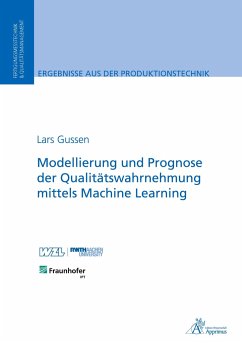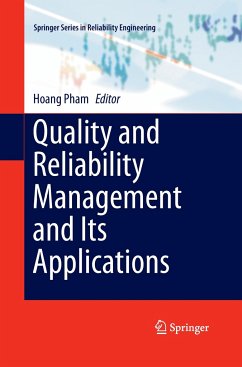
Quality Decision Management -The Heart of Effective Futures-Oriented Management
A Primer for Effective Decision-Based Management
Versandkostenfrei!
Versandfertig in 6-10 Tagen
76,99 €
inkl. MwSt.
Weitere Ausgaben:

PAYBACK Punkte
38 °P sammeln!
Over the years I have worked with or consulted for many managers throughout the world at all levels of industry and government. I have seen who succeeded, achieved goals, and made progress, and who failed or crashed. I have studied their methods of operation and their decision-making approach, as well as the range of people involved in the decision-making. I similarly personally managed large industrial and service organizations and their operations, and found that to succeed and have a content team of collaborators, decision-making had to be joint and delegated to the lowest competent and inf...
Over the years I have worked with or consulted for many managers throughout the world at all levels of industry and government. I have seen who succeeded, achieved goals, and made progress, and who failed or crashed. I have studied their methods of operation and their decision-making approach, as well as the range of people involved in the decision-making. I similarly personally managed large industrial and service organizations and their operations, and found that to succeed and have a content team of collaborators, decision-making had to be joint and delegated to the lowest competent and informed level. Using this approach not only improved the performance of the organization or firm, but also resulted in a more content, professional, cooperative, happy, and competent workforce. In general, people like to assume responsibility, particularly of functions with which they are intimately familiar. They enjoy the role of de- sion-maker and the use of their knowledge and experience in guiding their and related work. Delegation of decision-making not only infuses pride and conte- ment but also assures more informed, timely, and effective implementation of de- sions. It also adds to worker training and education as workers inquire, develop information and use of their own experience in improving their decision-making. Worker pride and feeling of control and involvement lead to contentment and s- isfaction which, in return, pays dividends in worker productivity, morale, retention, and resulting low turnover.














